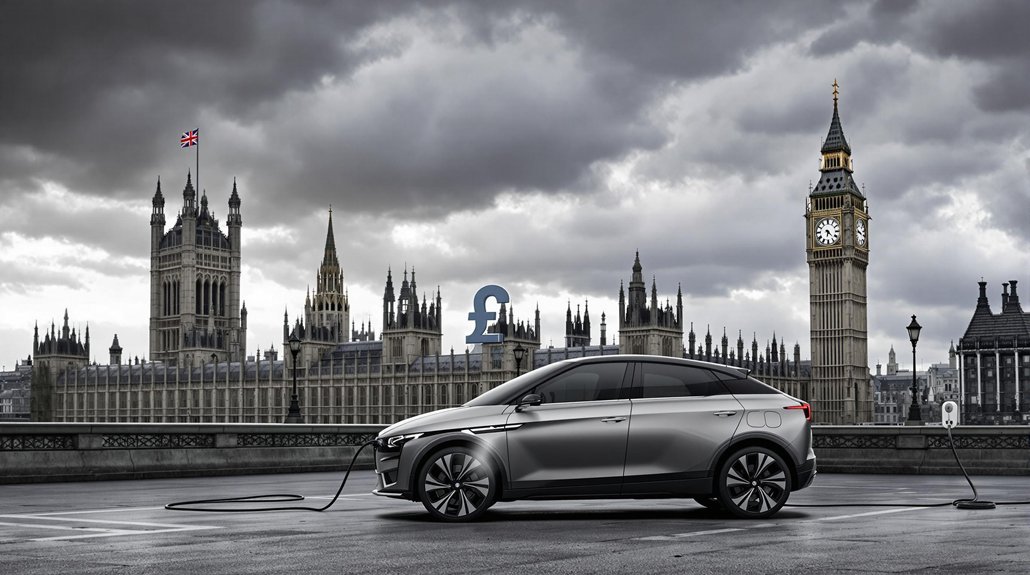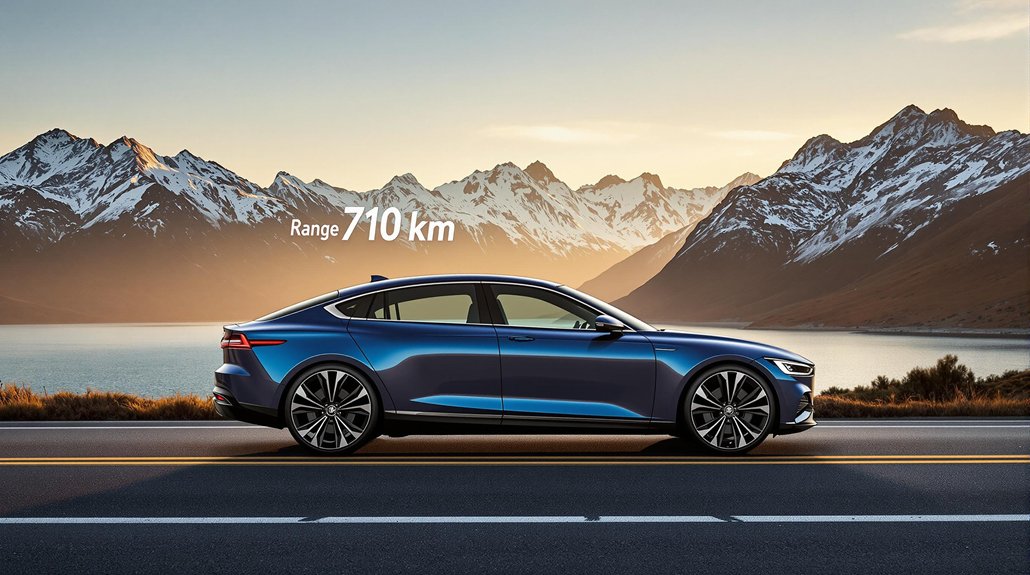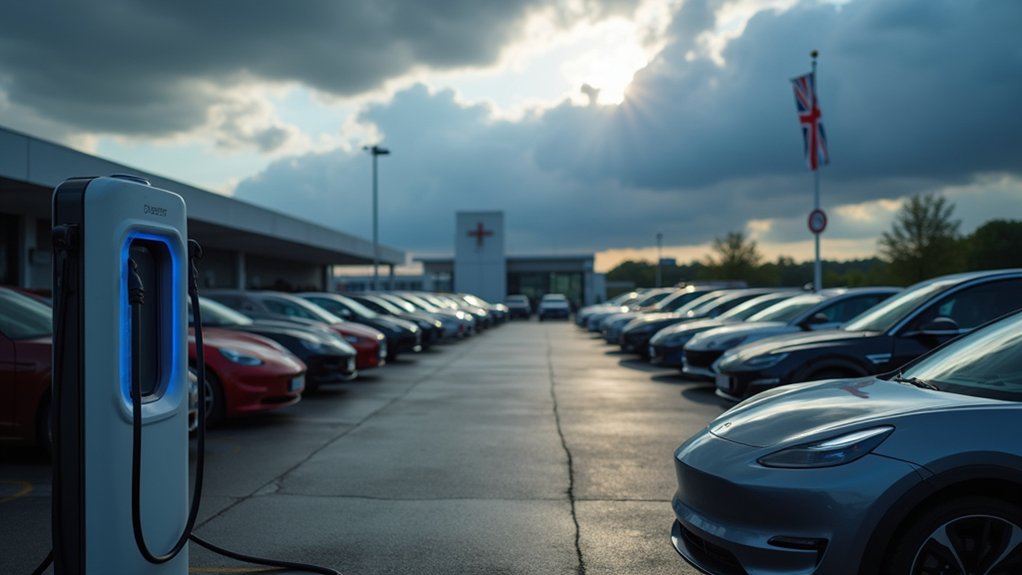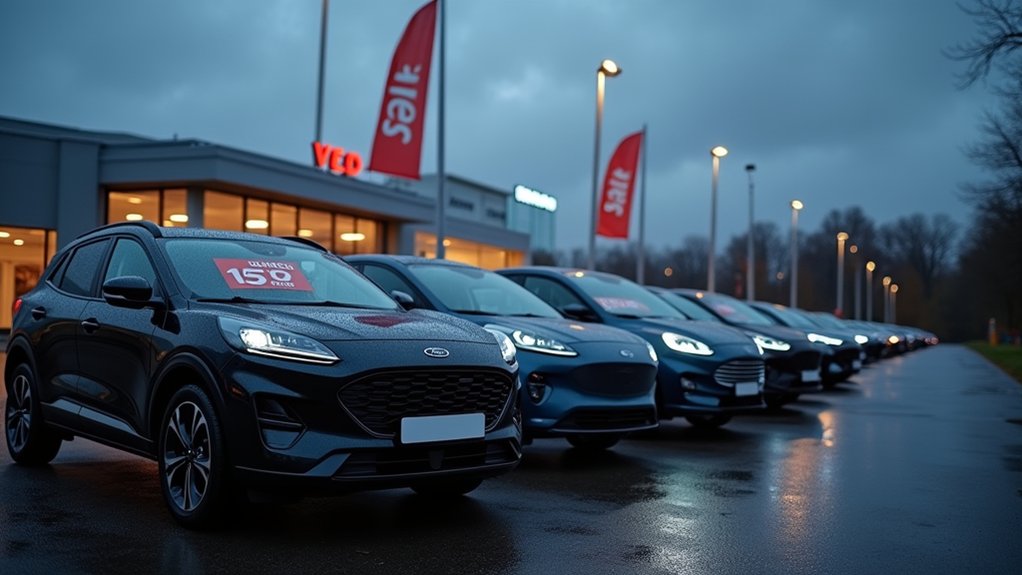Chinese electric vehicle giant BYD has launched a scathing attack on the UK government’s new £4.5 billion zero-emission transport subsidy program, dismissing the initiative as “stupid” and “a joke.” The controversial scheme, which offers consumers up to £3,750 discount on new EVs priced under £37,000, specifically excludes vehicles manufactured in Asia—including China—through strict eligibility criteria that penalize battery production in countries with carbon-intensive electricity grids.
Stella Li, BYD’s executive vice president, described the subsidies as “senseless” and warned they could cause long-term damage to the market. The £650 million allocated for consumer incentives represents an attempt to boost the UK’s automotive industry, which faces strict EV sales targets. Lower emission bands are eligible for up to £1,500 discount, with an additional £63 million earmarked for charging infrastructure.
The UK’s EV subsidy scheme risks becoming an addiction that leaves the market vulnerable when withdrawn.
BYD’s criticism centers on what it calls a “too small, too late” approach that won’t meaningfully impact the market. CEO Wang Chuanfu specifically labeled the UK subsidies as deeply problematic. The Chinese manufacturer, which plans to create over 5,000 UK jobs through dealership expansion by 2026, predicts the market will be saturated by Chinese EVs regardless of protectionist measures. Li cautioned that such incentives risk becoming a “drug” that harms the local market if withdrawn.
The UK government, meanwhile, defends the policy as making EV ownership more accessible. Transport Secretary Heidi Alexander emphasizes the initiative puts “money back in citizens’ pockets” while supporting British businesses. The DRIVE35 program will finance various zero-emission alteration projects across the country.
Industry analysts note the exclusion of Chinese EVs could temporarily slow their UK adoption but may not affect fleet sales, where BYD expects strong performance. The policy aligns with broader European efforts to shield local manufacturers from Chinese competition, which has intensified as European carmakers struggle to meet climate targets. Experts project the UK will need 12.9 million charging ports by 2030 to meet growing EV demand, highlighting the scale of infrastructure required beyond subsidies. Auto industry experts point out that many UK consumers face barriers to EV adoption beyond price, including serious charging infrastructure concerns for drivers without private driveways.
Despite being excluded from the subsidies, BYD remains dismissive of UK policy as irrelevant to its European growth strategy.









